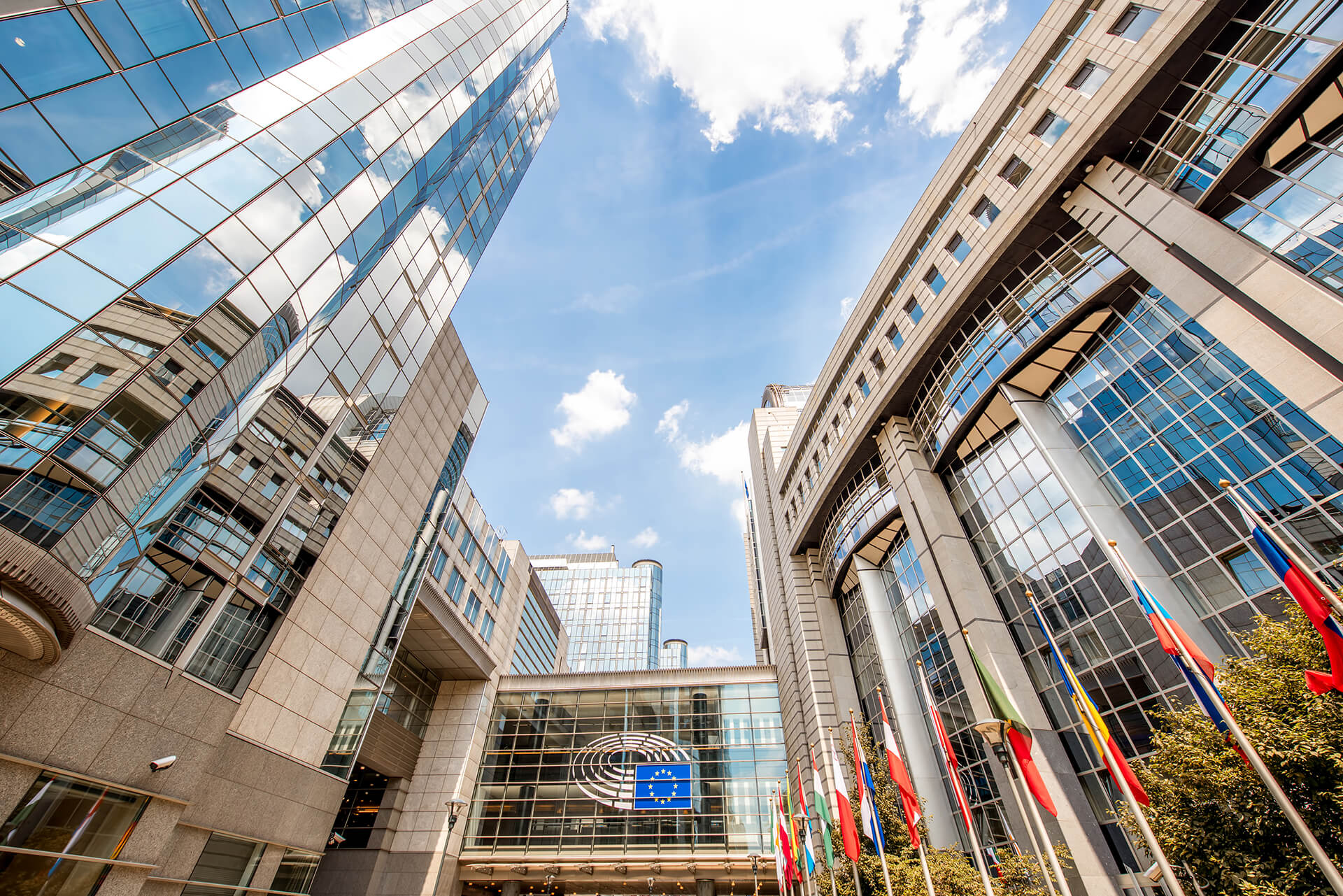5 Sustainable Practices for Summer Events
Summer beckons, and with it, a host of events looms on the horizon. Each must captivate attendees without leaving scorch marks on the planet. A challenge? Undoubtedly. An opportunity? Most certainly.
haca.studio presents a fresh perspective on eco-friendly gatherings, where 'green' isn't just a trendy colour, but the very essence of exceptional experiences. Let's delve into the art of crafting events that leave lasting memories, not carbon footprints.
Eco-Friendly Venue Selection
The foundation of any sustainable event lies in its chosen space. Seek out venues that marry environmental consciousness with aesthetic appeal. Look for spaces boasting recognised certifications such as BREEAM, Green Key or ISO 20121:2024. These credentials signal a commitment to sustainable management, energy efficiency, waste reduction, and overall environmental stewardship.
Consider repurposed industrial spaces or renovated historical buildings that blend character with cutting-edge sustainability features. These venues often offer vast, light-filled spaces and a commitment to renewable energy, making them ideal canvases for eco-conscious events.
But why stop at four walls? Abundant parks and green spaces offer natural, breathtaking backdrops. If the place allows it, you can imagine hosting a summer soirée where towering trees provide nature's own air conditioning. These outdoor venues not only reduce energy consumption but also forge a deeper connection between attendees and the environment they're striving to protect.
Sustainable Catering Strategies
Local and seasonal sourcing isn't merely a catchphrase—it's a way of life. Partnerships with nearby organic farms and artisanal producers not only reduce food miles but also support the local economy.
Zero-waste serving solutions elevate the dining experience while minimising environmental impact. Edible cutlery, made from hardy grains, adds a whimsical touch while eliminating plastic waste. Reusable or compostable dishware ensures that the only thing left after the meal is satisfaction.
Consider creating a menu that tells a story of local flavour and environmental responsibility. Let each dish showcase the bounty of the season and the creativity of chefs working within sustainable parameters.
Circular Economy in Event Materials
In the realm of event materials, creativity is the new sustainability. Digital invitations and programmes, accessible via smartly designed apps, replace reams of paper. Interactive digital displays not only save trees but also offer dynamic, engaging ways to share information.
When physical materials are necessary, think circular. Yesterday's banners can become today's tote bags. Last year's stage backdrop might transform into this year's art installation. It's not about deprivation—it's about reimagination.
Encourage suppliers to embrace this circular mindset. Choose decorations that can be reused or repurposed. Opt for signage made from recyclable materials. Every choice is an opportunity to close the loop and reduce waste.
Engaging Attendees in Sustainability
Environmental stewardship needn't be a dry lecture—it can be the heart of the event itself. Interactive workshops on upcycling or urban gardening don't just educate; they inspire. A 'green ideas Exchange', where attendees can share and discuss sustainability initiatives, turns passive listeners into active participants in change.
Consider gamifying sustainability efforts. Create challenges that encourage attendees to reduce their carbon footprint during the event. Offer prizes for the most innovative green ideas or the smallest waste production. By making sustainability fun and interactive, you're not just hosting an event—you're nurturing a community of eco-conscious individuals.
Measuring and Offsetting Environmental Impact
Knowledge empowers action. By calculating an event's carbon footprint, organisers can identify areas for improvement and set benchmarks for future gatherings. Partner with cutting-edge environmental consultancies for accurate assessments.
Offsetting goes beyond mere numbers. Local programmes, such as urban reforestation initiatives or community renewable energy projects, offer tangible ways to neutralise an event's impact while contributing to broader sustainability goals.
But don't stop at offsetting. Use the data gathered to continually improve your events. Set ambitious targets for reduction in energy use, waste production, and carbon emissions. Share your journey with attendees, inviting them to be part of the solution.
As the sun sets on your sustainable summer event, you'll find that you've done more than just host a gathering. You've crafted an experience that resonates with the values of a new, environmentally conscious era. You've shown that luxury and responsibility can go hand in hand, that innovation and tradition can dance in harmony.
Sustainable events aren't just a trend—they're a testament to human ingenuity and care for our shared home. So here's to green gatherings, to inspired innovations, and to a future where every event leaves the world a little better than it found it.
Conclusion
By incorporating these sustainable practices into your summer events, you're not just reducing your environmental impact; you're also enhancing the overall event experience. These eco-friendly choices can inspire your guests to adopt more sustainable lifestyles, creating a ripple effect of positive change. Remember, every small step counts. Let's work together to make sustainability the new standard in event planning.
Read more
Discover more of our journals, a treasure trove of valuable insights, practical tips, and industry trends that will take your events to the next level.



.jpg)
.jpg)

.jpg)













.avif)






